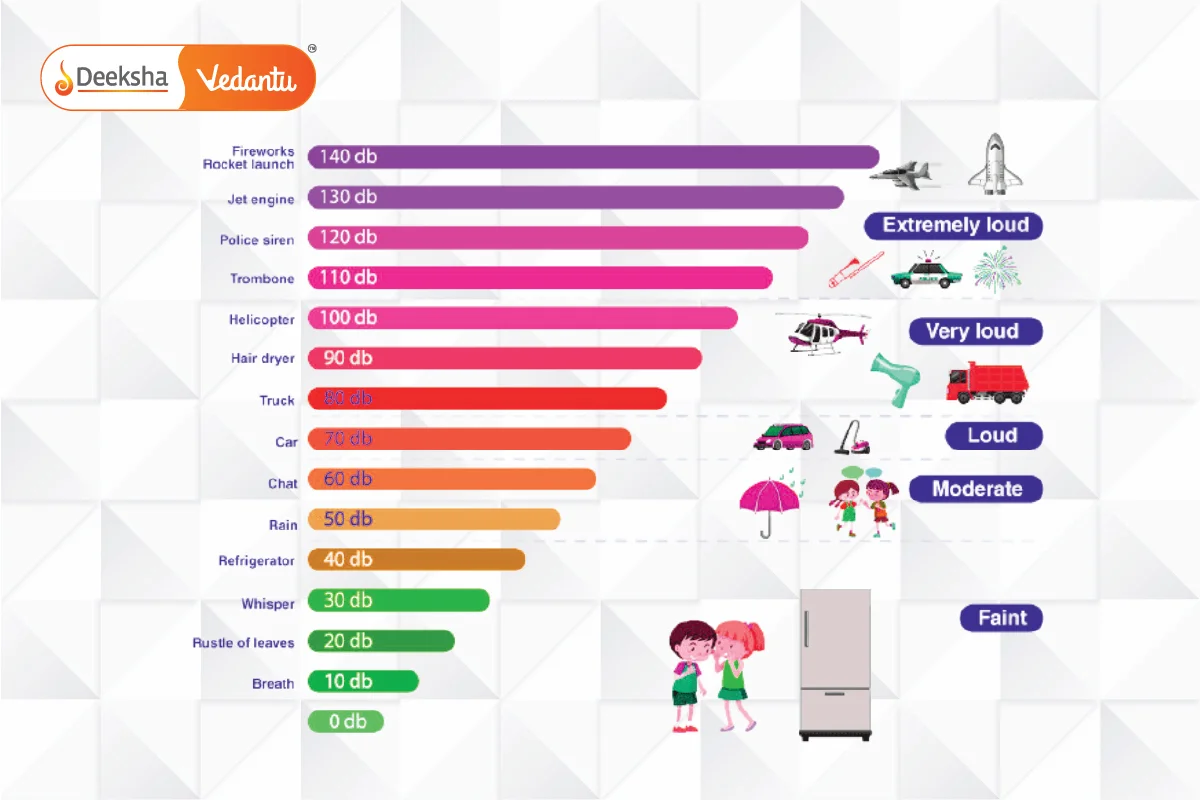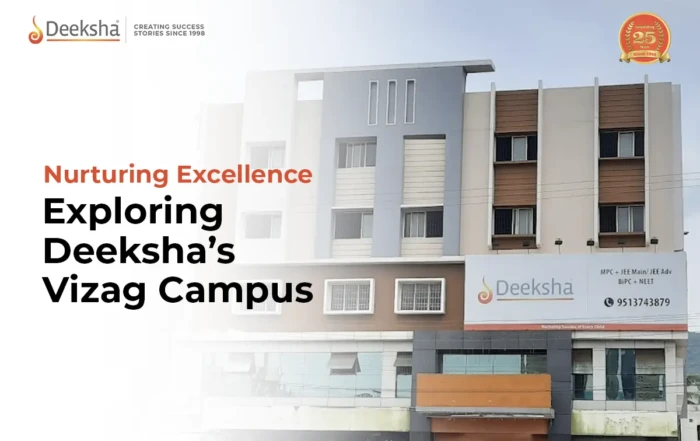What is Noise Pollution?
Noise pollution is unwanted or harmful noise that disrupts the natural environment. The word “noise” comes from the Latin word ‘Nausea,’ meaning sickness. Noise pollution can cause discomfort and health issues in humans. Sound intensity is measured in decibels (dB), with the faintest sound we can hear being 1 dB. Increasing noise from vehicles, aircraft, industrial machines, loudspeakers, and other appliances like TVs and radios has become a growing concern.
Types of Noise Pollution
- Transport Noise: Noise from traffic, which has increased due to more vehicles, can cause hearing problems, headaches, and high blood pressure.
- Neighborhood Noise: Noise from household items like musical instruments, radios, and loudspeakers.
- Industrial Noise: Loud noise from heavy machinery in industries can damage hearing.

Causes and Sources of Noise Pollution
- Industrialization: Use of heavy machinery like generators and mills.
- Vehicles: More vehicles on the road.
- Events: Loudspeakers at weddings and public gatherings.
- Construction sites: Noise from building construction and mining.
Examples of Noise Pollution
- Excessive use of car horns.
- Loudspeakers at religious or political events.
- Fireworks.
- Noise from industries.
- Construction noise.
- Noise from transportation like trains and planes.
Effects of Noise Pollution on Health
- Hypertension: High blood pressure from long-term exposure to noise.
- Hearing Loss: Damage to eardrum from loud noises.
- Sleeping Disorders: Disrupted sleep leading to fatigue and irritability.
- Cardiovascular Issues: Heart problems, stress, and increased blood pressure.
Preventing Noise Pollution
- Ban honking in places like schools and hospitals.
- Install soundproofing in commercial, hospital, and industrial buildings.
- Control the volume of musical instruments.
- Plant trees to absorb noise.
- Avoid using explosives in forests and mountainous areas.
FAQs
Decibels (dB) measure the intensity of sound, with higher dB levels indicating louder sounds that can contribute to noise pollution.
Dense tree cover can absorb and reduce noise, helping to prevent noise pollution.
Preventive measures include banning honking in sensitive areas, installing soundproofing, controlling musical instrument volume, planting trees, and avoiding explosives in certain areas.
It can cause hypertension, hearing loss, sleep disorders, and cardiovascular issues.
Common sources include vehicles, industrial machinery, loudspeakers at events, and construction sites.
The main types are transport noise, neighborhood noise, and industrial noise.
Noise pollution is unwanted or harmful noise that disrupts the environment and can cause health problems in humans.
Related Topics
- List of Physics Scientists and Their Inventions
- Magnetic Field And Field Lines
- Electricity
- Work, Energy and Power
- Dispersion Of White Light By A Glass Prism
- Reflection Of Light
- Wheatstone Bridge
- Kirchhoff’s Law
- Magnetic Field Due To A Current – Carrying Conductor
- Zener Diode
- Refraction Of Light
- Human Eye – Structure and Functioning
- Full Wave Rectifier
- Bernoullis Principle
- Force












Get Social